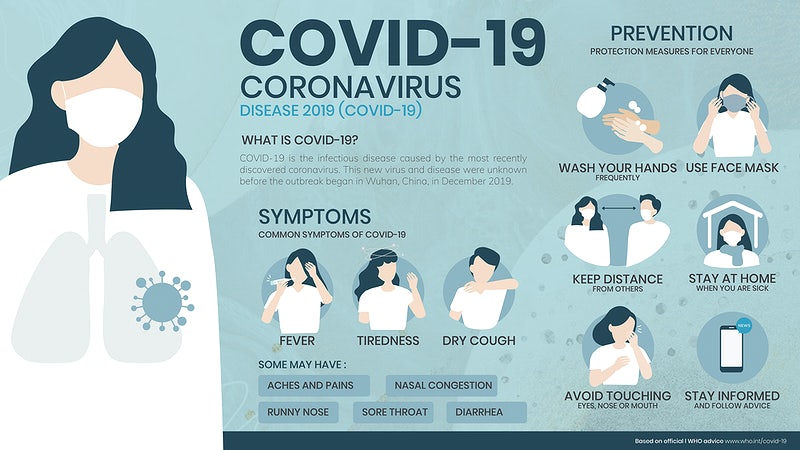|
The difference between allergy symptoms and covid-19 symptoms
The coronavirus has heighted everyone’s fears when it comes to identifying symptoms – even if these are symptoms that have been experienced previously. The timing of the global covid-19 pandemic has also coincided with the onset of spring which is when many seasonal allergies begin to flare. To help put your mind at ease, we want to help highlight the differences between covid-19 symptoms and the symptoms associated with seasonal or year-round allergies. Covid-19 symptoms Covid-19 symptoms can appear up to two weeks after exposure, and the official symptoms include having a new, continuous cough, presenting a high temperature, physical fatigue and a loss or change to your sense of taste or smell. Although these are the main symptoms, other, less common symptoms have also been reported by coronavirus patients. These lesser-known symptoms include having a fever, sore throat or achiness. Some people have also reported sneezing, digestive issues/discomfort, mental fatigue, chills, nausea and diarrhoea. Seasonal allergy symptoms The key difference between Covid-19 symptoms and the symptoms of seasonal allergies are that you don’t normally get a fever and high temperature if you’re affected by an allergy. The symptoms of seasonal allergy are much more likely to include postnasal drainage, ear congestion, a runny nose and itchiness in various places - such as the eyes, ears, nose and throat. These symptoms are not known to be associated or reported as a symptom of coronavirus. Sneezing is another symptom that sets coronavirus and seasonal allergies apart. If you are just sneezing and do not have a fever or any achiness in the body – it’s most likely to be hayfever that you’re suffering from. Seasonal allergies also cause a non-stop sneeze and irritation, rather than infrequent sneezing which could be a side effect of coronavirus. You will likely see an improvement in your allergy symptoms after taking an antihistamine, so this will be a good indicator that your seasonal allergy has flared up. It’s important to remember that even though you have seasonal allergies, you could still be at risk of catching coronavirus, so should take all the necessary precautions when you’re out and about. Tips to help minimise the risk of catching coronavirus To help keep both your seasonal allergies and coronavirus at bay, you should continue taking your regular, daily allergy medication consistently. If you need to sneeze in public, you should do this as safely as possible, sneezing into a tissue or the corner of your elbow. Current NHS guidelines (on the day of publishing this article) recommend that you stay at home as much as possible, work at home if you can and keep a 2m distance from people when you’re out. For advice on your seasonal allergy symptoms, please email me at [email protected] Comments are closed.
|
AuthorAneta Ivanova Archives
March 2023
Categories |
The Consulting Rooms, 38 Harborne Road, Birmingham, B15 3EB
[email protected]
Website design & content by LIT Communication: www.litcommunication.com
[email protected]
Website design & content by LIT Communication: www.litcommunication.com


 RSS Feed
RSS Feed